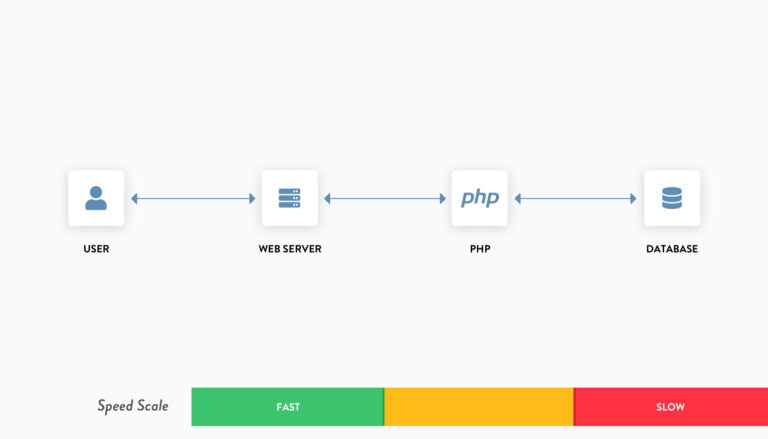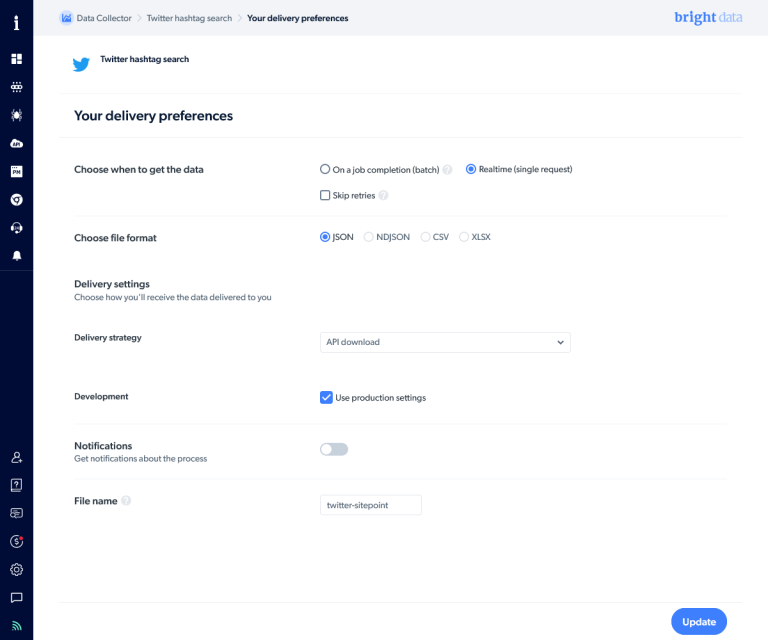The loan is the most common solution we rely upon when we need funds. It is an easily accessible financial instrument. It is an agreement between the banker and borrower agreeing to abide by mentioned terms and conditions. While taking a loan, one should always have a strategic plan to repay it.
Though a loan is called an obligation, it requires not to be. An obligation is a harsh word referred to as a loan. It is because of how borrowers have perceived it. It becomes an obligation only if the individual fails to manage it properly.
Things to keep in mind while taking a loan:
- Avail loan only when you require it.
- Channelize the amount borrowed for the purpose.
- Always have foreclosure thought, and do it when you can, even if you have to go a little extra mile.
- Loan is not a luxury, it is a financial commitment.
- Follow monetary discipline, always have an intention to pay.
Also Read: Top 10 Tips For Simplifying EMI Calculations On Your Loan
A loan is not only taken when you need funds. It is taken for investment purposes too. The borrowed amount is to be paid back through a process called monthly EMI. EMI refers to Equated Monthly Instalment; it is a commitment. Once you sign the loan agreement, you are bound to repay it irrespective of your financial status and condition. Two vital factors in repaying loans are financial capability and Intention to pay.
Consequences of unpaid EMIs
Are you planning to avail of a loan? It is essential to know what happens when you miss your EMI payments.
First and foremost, the majority of loans have a purpose. That is how you clear the verification process and become eligible from the lenders. When you fail to repay the loan, you are not only being a defaulter but also will become ineligible for future Loans.
There are two types of Loan Defaulters: Minor EMI defaulters and Major EMI defaulters. Defaulting on one or another EMI is still considered by most banks. However, consecutive or repeated failure is something no bank would like to entertain.
Also Read: Effective Ways To Manage Overhead Costs For SMEs
Some consequences of not paying EMIs on time include:
- Negative impact on CIBIL Score: CIBIL stands for Credit Investigation Bureau India Limited. It is a credit information company that maintains all records of credit activities. When an individual defaults on more than one EMI payment during the tenacity of his loan, the same is updated with the CIBIL. The missed EMI trend can pull down your overall credit score. A good credit score will help you access easy loans, better interest rates, etc. However, it does take a lot of effort to break the cycle once the credit score becomes bad.
- Negative impact on your credit profile: Defaulting a loan reflects your financial indiscipline. The lump-sum amount is given based on trust and your creditworthiness. By not being regular on EMI Payment, you are breaking the trust with the Banker. Also, you may not qualify or easily avail of one when you are in dire need of finance.
- Raised expenditure: This is another important note to consider. When you default with EMI payment, the banker will levy a financial charge to cover the effort they are putting in to remind you to fulfil your payment commitments. They are reminder calls, reminder emails, recovery agents, etc.
- Assets at stake: There are varied kinds of loans present in the financial market. They are Secured and Unsecured loans. When you have taken a secured loan by pledging property or any other valuable things, you are drawing unnecessary attention of lenders to your property by defaulting to pay. Also, when a financial institution is lending you a loan, you are giving them the right to recover it from you by all means.
- Stress: We all live in a challenging world. There are various activities we tackle each day. One way or the other, we are all prone to stress. By defaulting on a loan, you are creating a stressed environment. As a call of duty, the bankers will initiate follow-up calls, emails, recovery agents, and so on. It can be stressful to borrowers and lenders too.
Also Read: NBFC – How They Are Changing The Business Loan Landscape In India?
Default consequences and how to avoid them?
By now, you have a fair idea about the consequences of defaulting on loan EMI. An EMI is a financial discipline. You are supposed to fulfill it until the loan tenure. The Banker gives you a lump-sum amount at once, but you are repaying part by part monthly.
- Know your loan and its agreement: Before signing the loan agreement, focus on vital factors like Loan tenure, the terms, and conditions, consequences, etc.
- Notify your borrower: Let your banker know the matter concerning your repayment. Bankers do consider events like Llss of job, health crisis, etc., and can help you postpone your EMI as per respective bank’s norms.
- Manage your finances: The lender has lent only so much money that you are capable of repaying. Try to manage your finances efficiently to ensure your EMI commitment is not burdening you.
Also Read: Business Loan Application – Factors Affecting It
Why should you pay your EMIs On time?
The EMI option itself is advantageous. You can avail a range of benefits by adhering to the EMI schedule. They are :
- Enhanced credit score
- Being eligible for a top-up loan
- Enhanced creditworthiness with the lender
- Stress-free loan tenure
- Eligible for negotiable loan terms in the future
- Free from penalties, etc
Here are some tips we think will help you pay your monthly EMI on time.
- Opt for how much loan amount you need at the moment. Even though eligible for a higher loan amount, take what you require.
- Analyse well before choosing a loan tenure.
- Strictly follow your budget plan.
- Aim for foreclosure of the loan when you can.
- Don’t opt for additional loans until you clear the existing one if you can.
- Always keep one month EMI prior as a buffer as a contingency plan.
Loan repayment is not a burden if you manage it right. Have a stress-free Loan phase!
Calculate Monthly EMI






